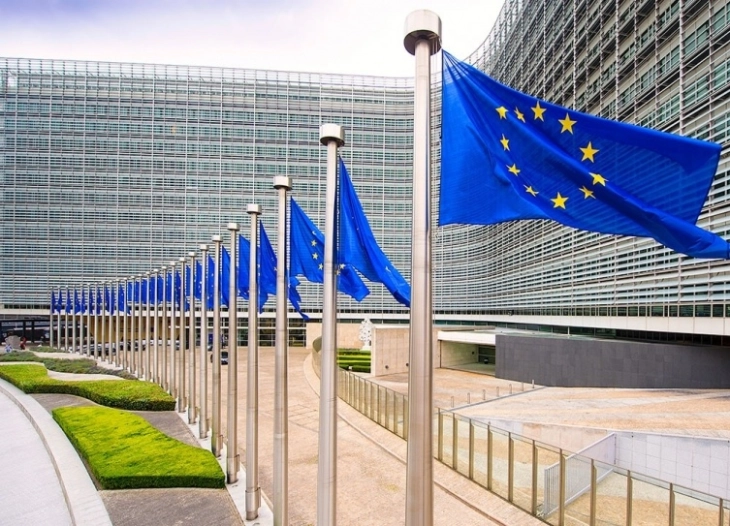EU rushes to devise plan for Russians fleeing war conscription

Brussels, 24 September 2022 (dpa/MIA) - An emergency meeting is to be held on Monday in Brussels to coordinate the handling of Russian draft dodgers at a European Union level, as men continue to flee the country to avoid being called up to fight in Ukraine.
The meeting of the EU ambassadors of the bloc's 27 member states was convened under the so-called integrated political crisis response mechanism, a spokesperson for the Czech EU presidency said on Friday.
Holding the meeting "demonstrates how seriously we are taking the current developments in Russia and Ukraine and our commitment to coordinate an effective response."
The ambassadors are to be briefed by experts, and "perspectives and concerns" of the different countries are to be taken into account, the spokesperson said.
So far, the bloc's 27 countries are far away from a common line in dealing with those men who do not want to fight for Russia against Ukraine.
The panic was set off by President Vladimir Putin's partial mobilization of hundreds of thousands of reservists on Wednesday amid Russia's faltering military performance.
A member of the Polish government said the country will not give refuge to escaping Russians.
"We will not allow a group of Russians to enter Poland across the board, not even those who claim they are fleeing mobilization," Deputy Interior Minister Maciej Wąsik told Polish public radio on Friday.
Citing Poland's national security, he said there would be no opening of the border to aid Russian men. Wąsik said there was no way to quickly check if people claiming to be conscientious objectors were actually working for Russian intelligence services.
Only in individual cases, when a Russian citizen can prove that he or she faces torture or persecution for political reasons in Russia, could Poland apply asylum rules and grant him or her protection, he added.
The fact that many Russian men are trying to avoid military service in Ukraine was "a good sign," German government spokesman Steffen Hebestreit said in Berlin on Friday. But it was a matter of finding "a viable solution" together with the other EU member states, he added.
The motives of each alleged conscientious objector must be examined before asylum is granted, Hebestreit said. Like the Polish official, he added that it had to be determined that the person was not working on behalf of the Russian state.
So far, there are no plans for a special admission programme or so-called humanitarian visas for Russian conscientious objectors, neither in Germany nor at the EU level.
According to the German Interior Ministry, Germany has taken in 438 people from Russia through a programme that is supposed to offer protection to dissidents, journalists and scientists.
The ministry's spokesman, Maximilian Kall, said that procedures had already been changed in April so that "as a rule, conscientious objection is a reason for protection."







